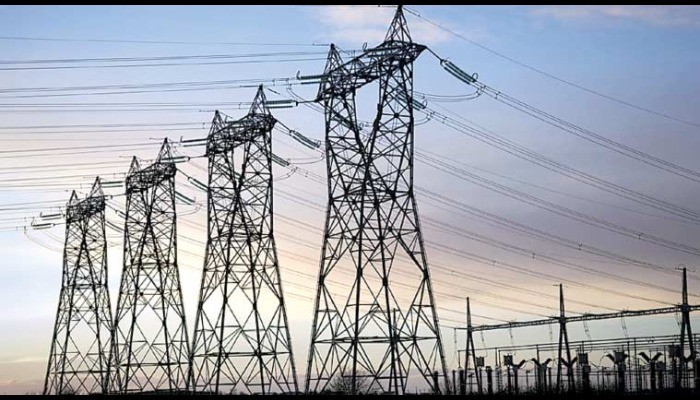Nigeria’s electricity distribution companies (Discos) generated a total revenue of N887.86 billion in the first seven months of 2024, driven by increased tariffs for Band A customers and improved revenue collection.
Despite ongoing consumer complaints about poor power supply and high tariffs, the 11 Discos saw a 46.96% rise in income compared to the N604.15 billion recorded in the same period in 2023, covering January to July. This revenue boost comes as stakeholders in the sector reduced their borrowings from commercial banks by N28.82 billion.
An analysis of data from the Nigerian Electricity Regulatory Commission (NERC) reveals that the Discos billed a total of N1.114 trillion during this period but collected N887.86 billion, achieving a 79.7% revenue collection efficiency. By comparison, in the same period of 2023, the companies billed N797.18 billion and collected N604.15 billion.
After nearly two years of a tariff freeze, the Federal Government increased electricity rates in April from around N68 to N225 per kilowatt-hour for Band A customers, who reportedly receive 20 hours of daily power supply. Following public outcry, NERC later announced an 8.1% reduction, lowering the rate to N206.8/kWh. Despite this, many Nigerians remain burdened by high energy costs.
Minister of Power Adebayo Adelabu recently assured Nigerians of potential reductions in electricity prices as power generation and distribution improve. However, public skepticism remains high, with many communities seeking removal from the highest-paying tariff, which continues to strain living costs and economic growth.
Monthly revenue data shows that in January 2024, Discos collected N95 billion from a billed N130.92 billion. Revenue steadily increased, reaching N162.14 billion in July, out of N197.11 billion billed. This represents a 107.48% growth from January to July.
With their current collection pattern, the Discos have already surpassed their total revenue for 2020 and are on track to break revenue records set in 2021, 2022, and 2023. According to data from the National Bureau of Statistics, revenue from the Discos has consistently risen from N526.8 billion in 2020 to N1.1 trillion in 2023.
This significant revenue growth has raised expectations that the Discos will reinvest part of their earnings into improving infrastructure, a long-standing issue. The companies have faced criticism for underinvestment, with many Nigerians still relying on self-generated power due to unreliable national grid supply.
In May, the government secured a $500 million loan from the World Bank to support the Discos. The Bureau of Public Enterprises stated that the funds would address financing gaps and help improve critical distribution infrastructure, reduce technical and commercial losses, and enhance financial sustainability and transparency in the power sector.
Meanwhile, power sector players have reduced their borrowing from commercial banks, with loans declining by N28.82 billion—from N1.12 trillion in January 2024 to N1.08 trillion in June—amid rising debt servicing costs due to high interest rates.



